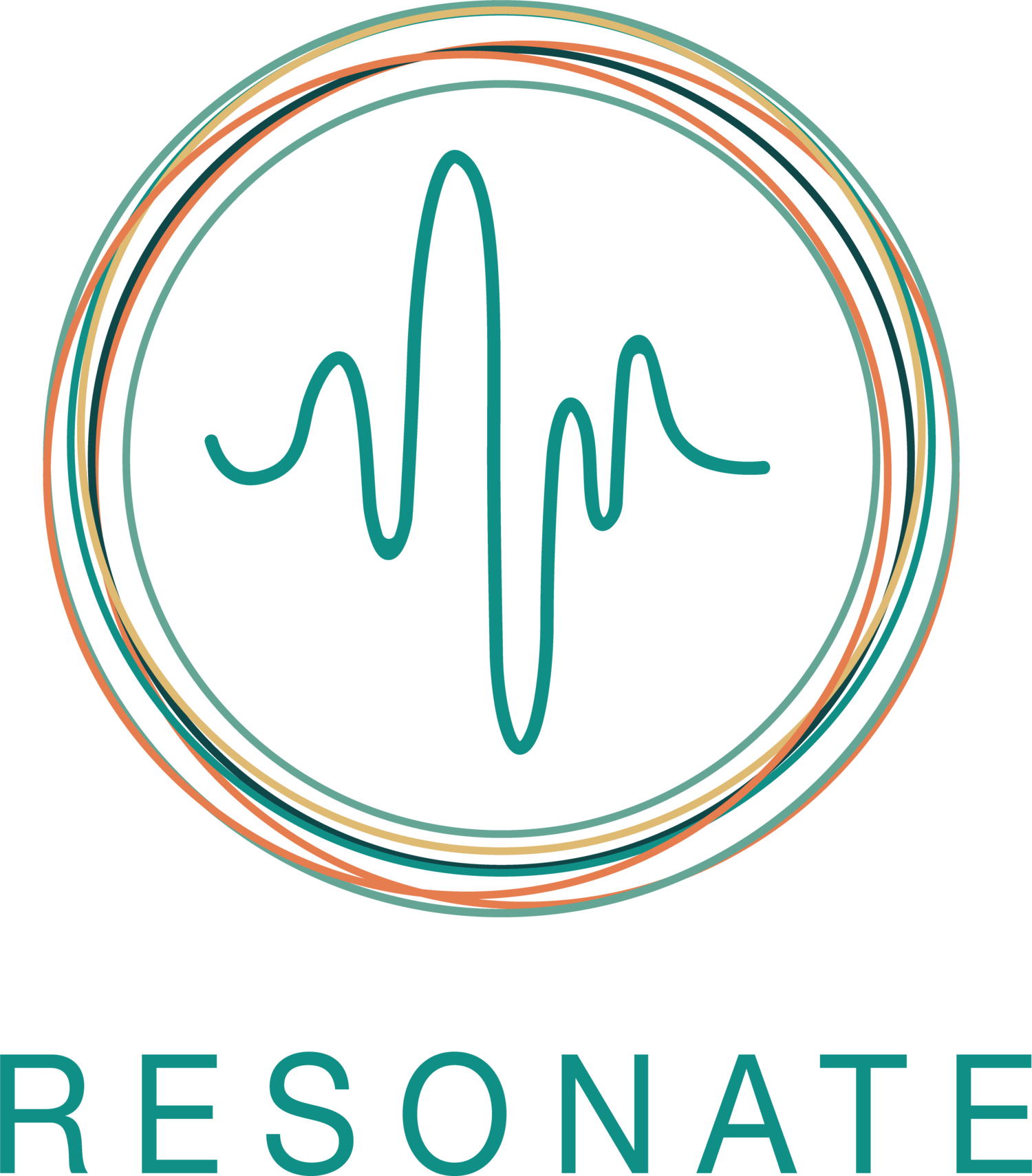
Music Therapy Services
What is it?
Music therapists complete a degree program approved by the American Music Therapy Association, complete 1,200 clinical hours, and pass the certification board for music therapists. Music therapists use music to achieve non-musical goals. These non-musical goals could be sensory, motor, emotional, physical, cognitive, or behavioral.
Music therapists often use music, instruments, and movement to engage and connect with clients to reach goals important to the client and family.
Who can participate?
Music therapy can benefit a wide range of people, including but not limited to: Autistic or neurodivergent people, individuals with Down Syndrome, sensory processing disorders, grief and bereavement, Traumatic Brain Injury, CVA (stroke), those with mental health concerns, and individuals with genetic or physical disorders.
An assessment session is used to develop a treatment plan, with specified goals and objectives. The developed music therapy treatment plan can support other therapies the child or individual is receiving.
We love to reiterate, you do not have to be a musician to participate in music therapy!
How do I pay?
There are many ways you or your family can receive services. If you are on the CES, SLS, CHRP, and CLLI Medicaid waivers, music therapy may be fully covered. (Please note that core/federal medicaid does not cover music therapy.)
Other ways to pay for therapy services include:
-Victim’s Comp through the 4th District Attorney’s Office
-HSA or flex accounts
-Insurances (must cover an out of network, in office professional visit. Some insurances unfortunately specifically do not cover MT).
-Private Pay and sliding scale options
$105 per 50 minute session
$52.50 per 25 minute session
-Some agencies for individuals in a community placement.
Can You Benefit from Music Therapy? Most Likely Yes!
At Resonate Music Therapy, we address mental health needs with compassionate care. Whether you’re looking for a more direct therapist who easily rolls with humor and sarcasm, or someone who can gently walk with you through painful trauma, we will work with you to find the right therapist at Resonate or refer you to someone within the community.
One common misunderstanding about music therapy is:
“This is a therapy for musicians, or those that are musically inclined. I can’t carry a tune in a bucket, so this isn’t for me”.
Not true! We are simply using music as a medium for processing- the therapist brings the musical expertise, whether leading a songwriting exercise that helps you identify key themes in your life, helping put together and implement a playlist you can use for moments when you’re overwhelmed throughout the week, or using joint improvisation to explore and verbally process complex emotions.
Many teenagers and adults find that working with a music therapist can be a really accessible way to work on learning healthy coping tools, navigating tough life transitions, dealing with life stressors, or processing past trauma.



